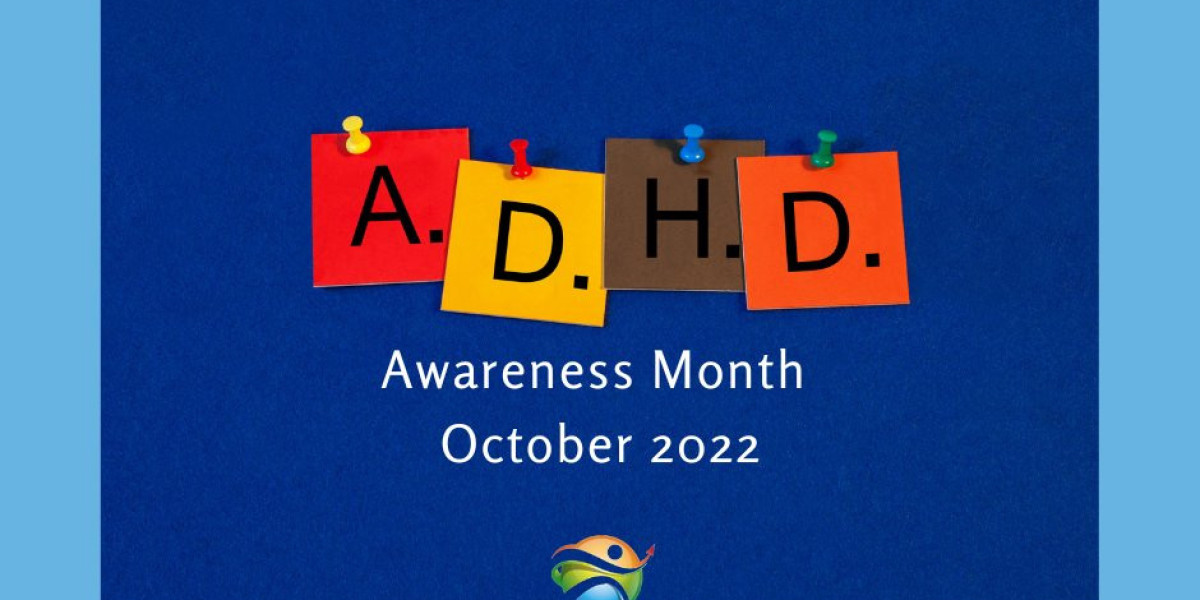Attention Deficit Hyperactivity Disorder (ADHD) is a neurodevelopmental disorder characterized by symptoms such as inattention, hyperactivity, and impulsivity. While ADHD is often associated with challenges in academic and professional settings, its impact extends beyond cognitive functioning to include emotional regulation and social interactions. In recent years, there has been growing interest in the role of emotional intelligence (EI) in managing ADHD symptoms. This article explores the relationship between emotional intelligence and ADHD and how developing emotional intelligence skills can be beneficial for individuals with ADHD.
Understanding ADHD and Emotional Intelligence
ADHD: Beyond Attention and Hyperactivity
ADHD is commonly known for its core symptoms of inattention, hyperactivity, and impulsivity. However, individuals with ADHD often experience difficulties in emotional regulation, social interactions, and self-esteem. These emotional and social challenges can have a significant impact on various aspects of life, including relationships, academic or professional success, and overall well-being.
Emotional Intelligence: The Ability to Recognize and Manage Emotions
Emotional intelligence refers to the ability to recognize, understand, and manage one's own emotions, as well as the emotions of others. It comprises several key components, including self-awareness, self-regulation, social awareness, and relationship management. Individuals with high emotional intelligence are better equipped to navigate social situations, build positive relationships, and cope with stress and adversity.
The Relationship Between ADHD and Emotional Intelligence
Challenges in Emotional Regulation
One of the hallmarks of ADHD is difficulty in regulating emotions. Individuals with ADHD may experience intense emotions, mood swings, and difficulties in controlling impulsive reactions. These challenges can lead to interpersonal conflicts, emotional outbursts, and feelings of frustration or inadequacy.
Impacts on Social Interactions
ADHD can also affect social interactions and relationships. Difficulties in maintaining focus, listening attentively, and controlling impulses may lead to misunderstandings, social awkwardness, and difficulty forming and maintaining friendships. Individuals with ADHD may struggle with social cues, empathy, and perspective-taking, which are essential components of emotional intelligence.
The Role of Emotional Intelligence in ADHD Management
While ADHD presents unique challenges in emotional regulation and social functioning, developing emotional intelligence skills can play a significant role in managing ADHD symptoms and improving overall well-being. Here's how:
- Self-Awareness: Developing self-awareness allows individuals with ADHD to recognize their emotions, triggers, and behavioral patterns. By understanding how ADHD affects their emotions and behaviors, they can better anticipate challenges and implement coping strategies.
- Self-Regulation: Learning to regulate emotions and impulses is essential for managing ADHD symptoms. Techniques such as mindfulness, deep breathing, and cognitive-behavioral strategies can help individuals with ADHD control impulsivity, manage stress, and regulate their emotions more effectively.
- Social Awareness: Enhancing social awareness enables individuals with ADHD to better understand others' emotions, perspectives, and social cues. This can improve communication, empathy, and conflict resolution skills, leading to more positive and fulfilling relationships.
- Relationship Management: Effective relationship management involves building and maintaining positive relationships with others. Individuals with ADHD can benefit from learning communication skills, conflict resolution strategies, and assertiveness techniques to navigate social interactions and cultivate supportive relationships.
Strategies for Developing Emotional Intelligence in ADHD
Therapy and Counseling
Therapy and counseling can provide individuals with ADHD with valuable tools and techniques for developing emotional intelligence skills. Cognitive-behavioral therapy (CBT), dialectical behavior therapy (DBT), and social skills training can help individuals learn effective coping strategies, emotion regulation techniques, and social interaction skills.
Mindfulness and Meditation
Practicing mindfulness and meditation can promote self-awareness, emotional regulation, and stress reduction. Mindfulness techniques encourage individuals to observe their thoughts and emotions without judgment, helping them develop greater awareness and control over their mental and emotional states.
Emotional Education and Skills Training
Educational programs and skills training workshops focused on emotional intelligence can provide individuals with ADHD with practical tools and strategies for enhancing their emotional awareness, self-regulation, and social skills. These programs may include activities such as role-playing, communication exercises, and conflict resolution simulations.
Support Groups and Peer Networks
Joining support groups or peer networks for individuals with treatment ADHD can provide valuable social support, validation, and encouragement. Interacting with others who share similar experiences can help individuals feel understood and accepted, reducing feelings of isolation and building a sense of community.
Conclusion
Emotional intelligence plays a crucial role in managing ADHD symptoms and improving overall quality of life. By developing emotional awareness, regulation, and social skills, individuals with ADHD can enhance their ability to cope with challenges, build positive relationships, and thrive in various areas of life. While ADHD presents unique obstacles, with the right support, strategies, and resources, individuals can harness the power of emotional intelligence to unlock their full potential and lead fulfilling and successful lives.
Naijamatta is a social networking site,
download Naijamatta from Google play store or visit www.naijamatta.com to register. You can post, comment, do voice and video call, join and open group, go live etc. Join Naijamatta family, the Green app.
Click To Download


